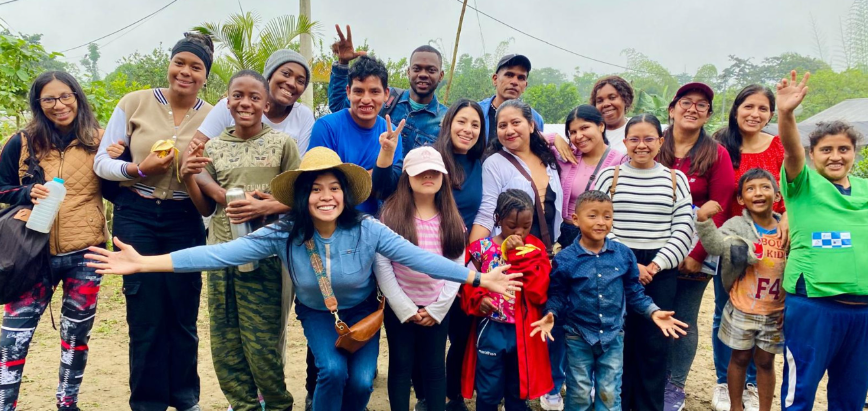
On 15th and 16th November 2024, JOC America organized an exchange program that brought together militant leaders from various national movements within JOC America and key militants from JOC Ecuador. This initiative facilitated collaboration and exchanges with JOC Ecuador, focusing on the themes of Social and Solidarity Economy and empowerment of young people.
The exchanges began with a visit to the base group in Pedro Vicente, where YCW members engage in precarious work such as farm work, earning a meager $3 for 8-10 hours of hard work. Many of these youths have primary education levels and face challenges with basic literacy skills. Some are confronted with early marriage and single motherhood.
Fatima shared: "I only finished primary school before starting work at the age of 15. I worked in the city of Quito as a service worker in a restaurant and helped produce hollow blocks in a company. Currently, at 25 years old, I have chosen to work in the fields because my family resides here, and life in the city has become increasingly challenging. My monthly salary is $30, and my living conditions are precarious."
This shared testimony sparked discussions around actionable solutions to address the prevalent issues, including the implementation of alternative educational programs aimed at enhancing literacy and skills development among the youth in Pedro Vicente. Thus, the initiatives, activities and actions of YCW in Guayaquil were also discussed and one of the key challenges outlined was the imperative need to expand outreach efforts to involve and organize more young people effectively.
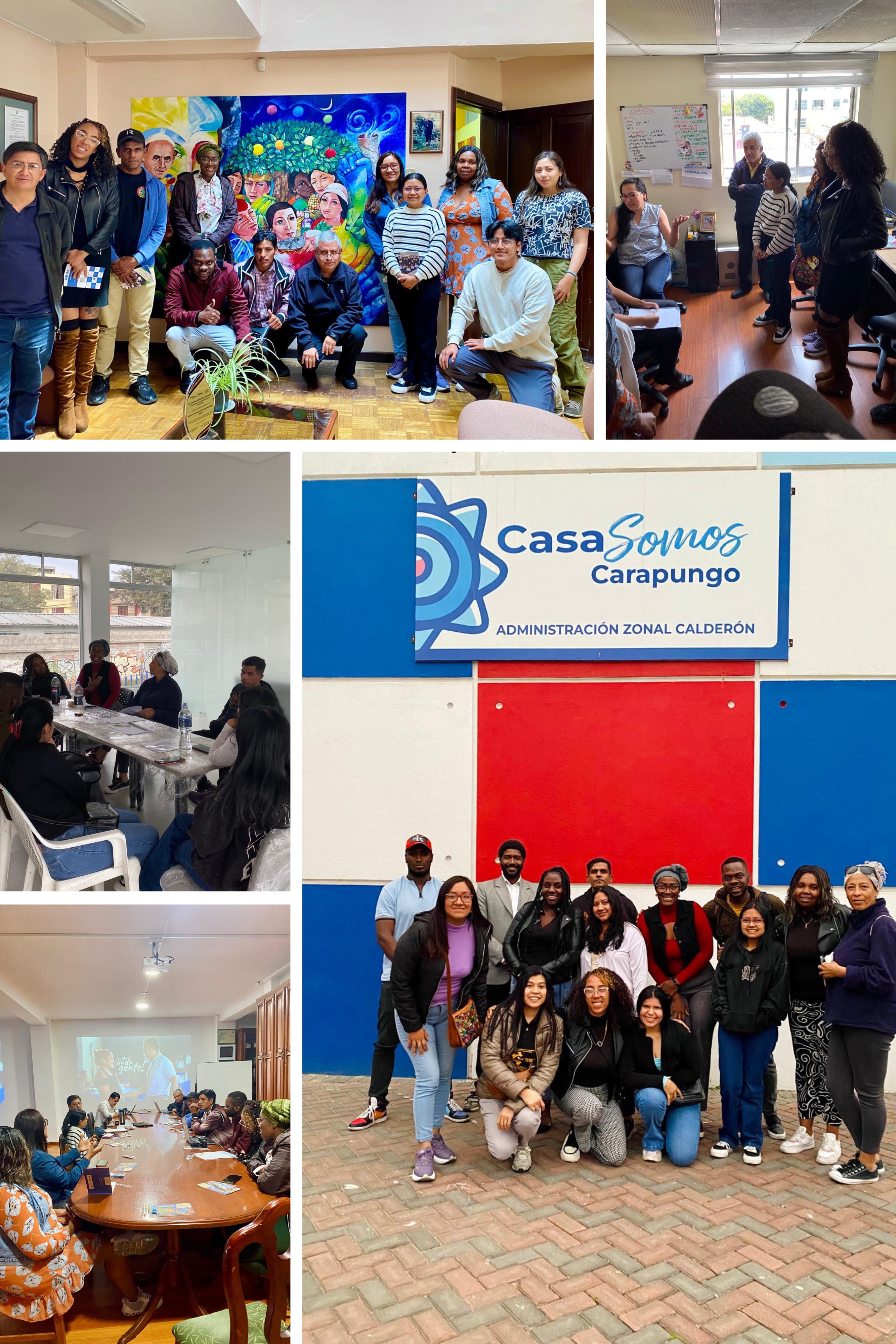
The exchange program continued in Carapungo, where a meeting with the Afro Pastoral in Ecuador resulted in the establishment of a collaborative network to expand the youth network in the region. Moreover, engagements with FEPP and MESSE provided valuable insights into social and solidarity economy practices, particularly ethical finance models exemplified by Banco Codesarrollo.
The outcomes of these exchanges have been profoundly positive, with participants reporting a deeper understanding and commitment to promoting social and solidarity economy initiatives. The base groups have already started taking concrete steps towards fostering economic empowerment and community solidarity.
In essence, the exchanges have exemplified the power of solidarity, shared experiences, and collective action in driving positive social change. By forging alliances and sharing best practices, these initiatives serve as a beacon of hope for a more equitable and empowered future for all.
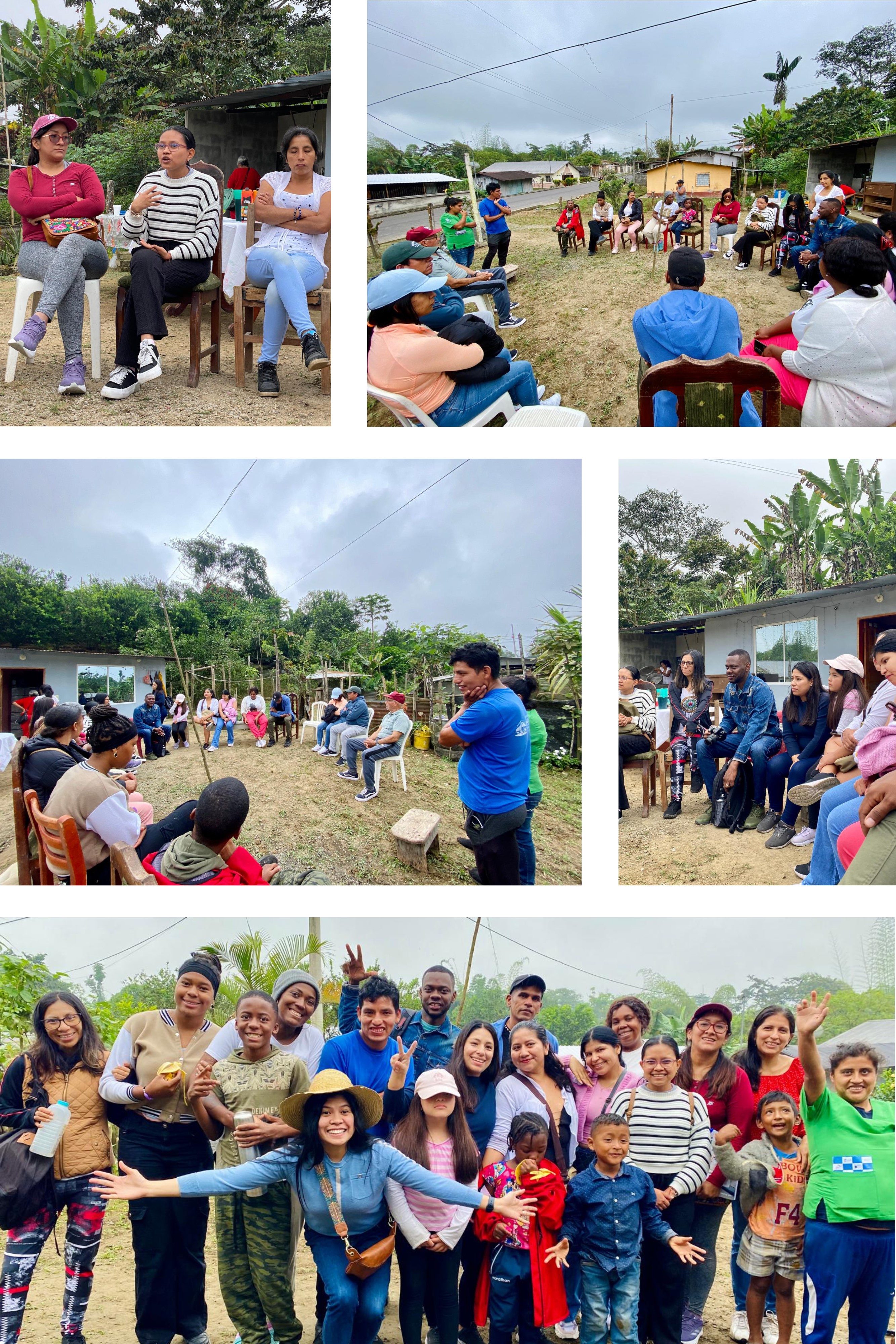

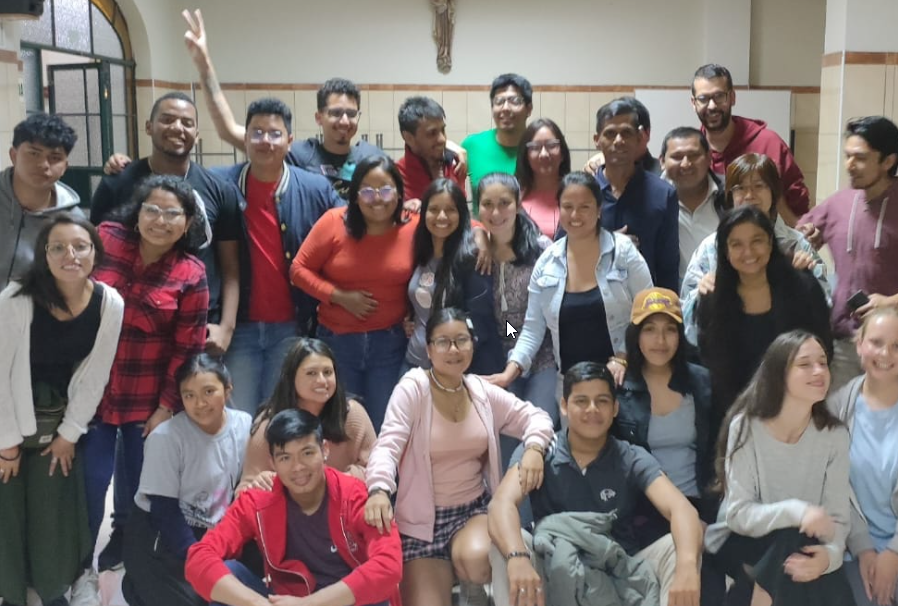
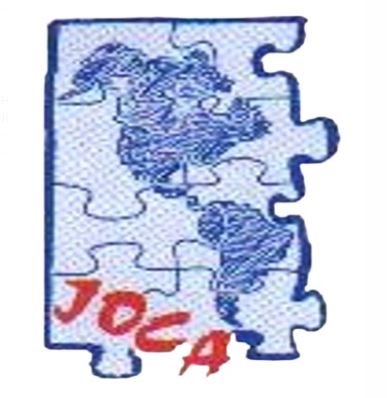
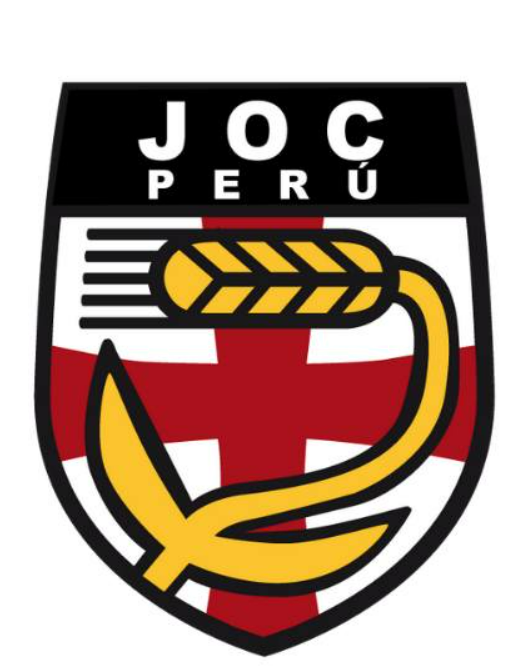
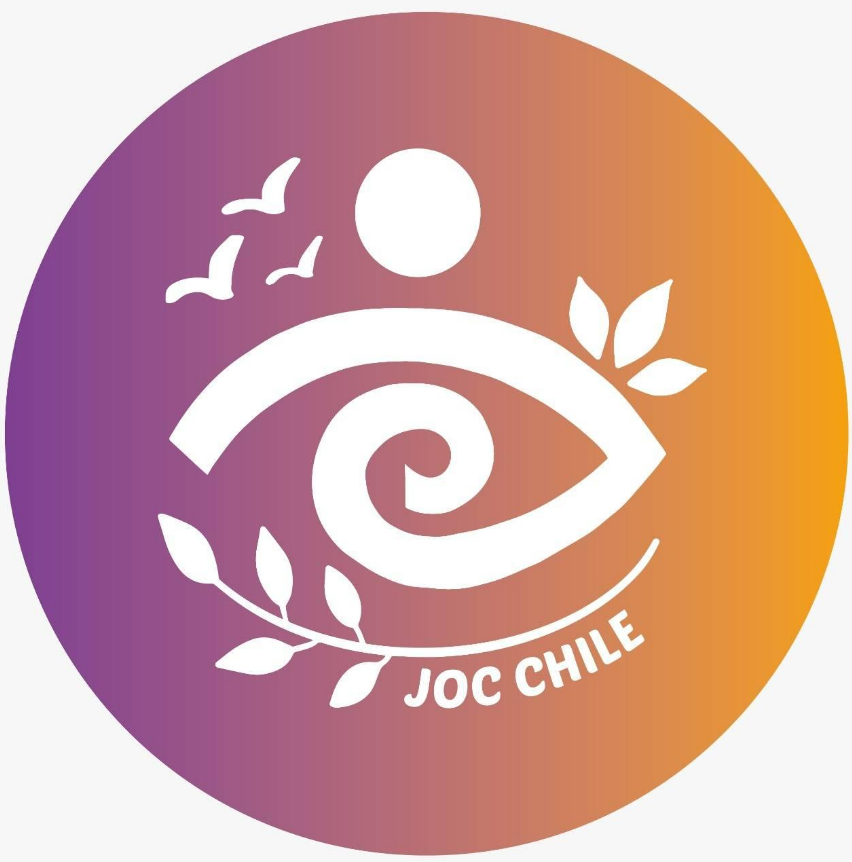
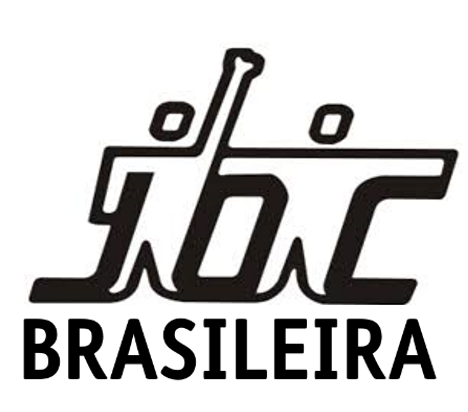
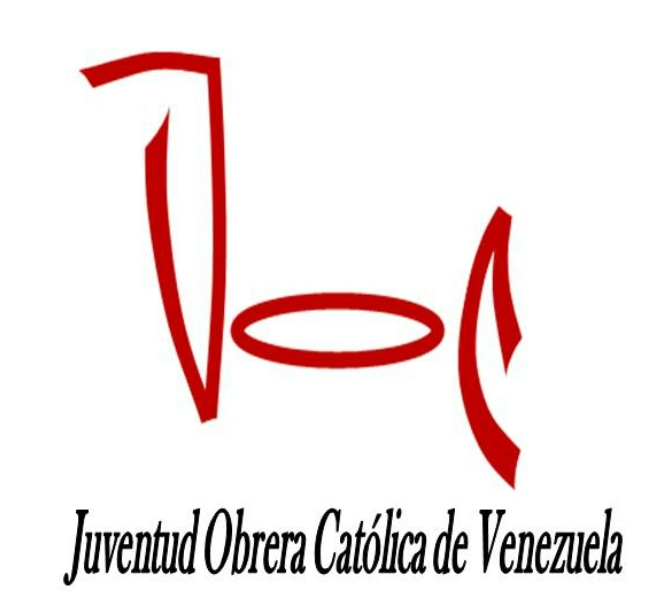
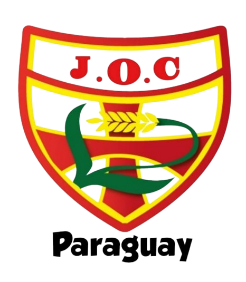
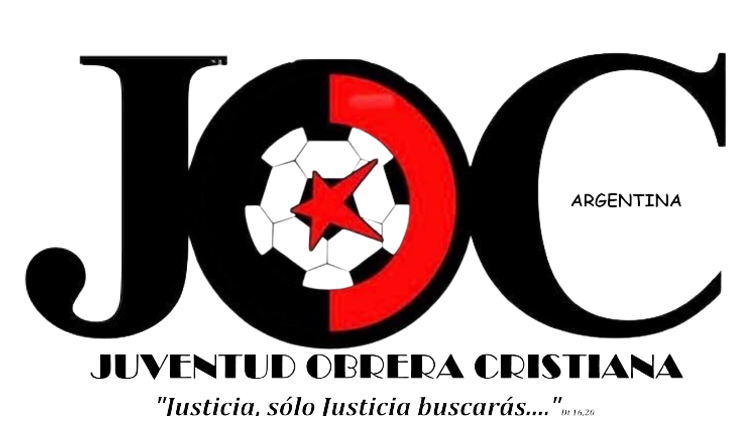
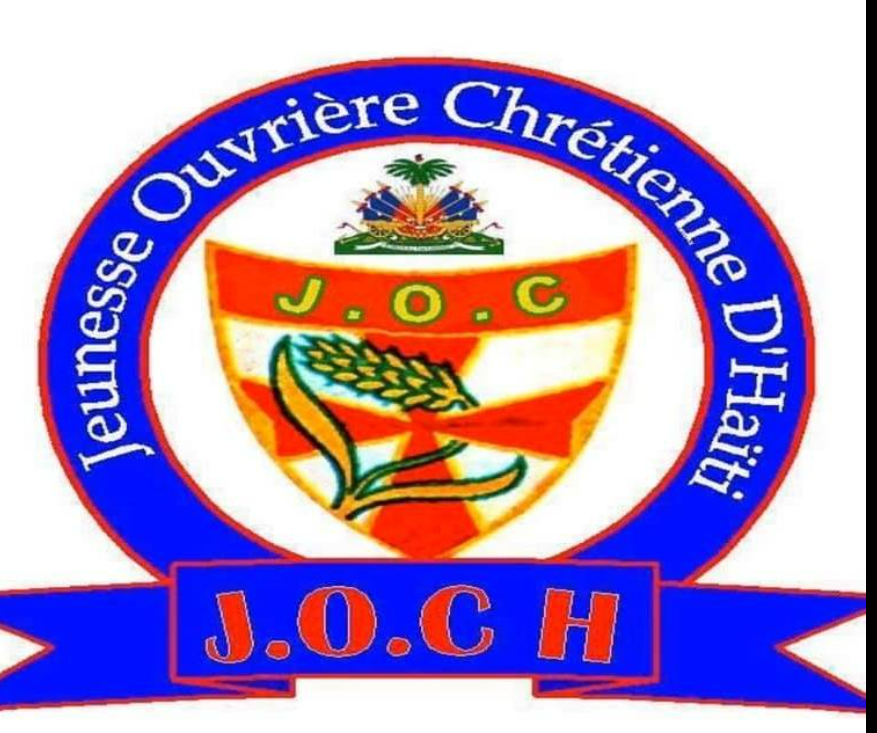
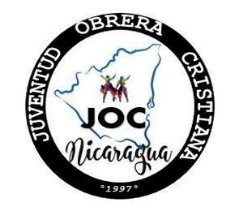
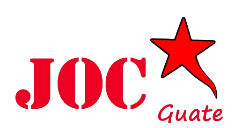
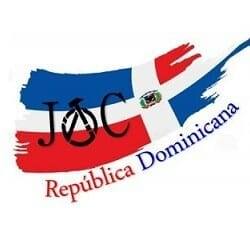

 English
English  Español
Español  Français
Français